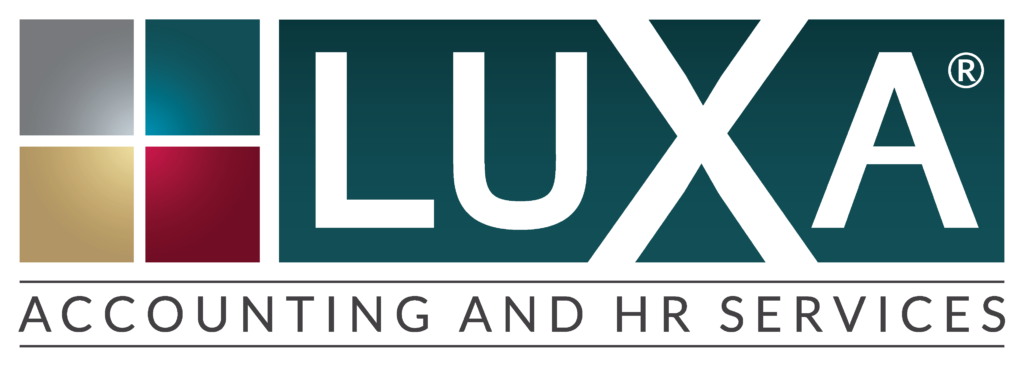
Being a small business owner means cutting corners. Usually, you can find smart ways to doing this and it ends up paying off in the long run to lower overhead and a good margin to work off of. However, one of the several areas in business expenses you might want to take a deeper dive into recent changes is health insurance.
As of July 1, there were some changes made by the ACA that can impact a small business and it’s business management practices. Many small business owners avoid finding affordable insurance plans with traditional brokers because of the cost and time-consuming process. In exchange, what employers of small companies of 50 employees or less would do was to gross up their employees pay to help them pay for individual coverage. This has changed. To find out more, check out the new legalities in our article and examples of what not to do!
What’s happened recently?
Back in 2013, the IRS sent out NOTICE 2013-54, detailing how the ACA was going to affect group health plans, including HRA’s (Health Reimbursement Arrangements) and FSA’s (Flexible Spending Arrangements). Employers that were reimbursing their employees for insurance premiums in individual plans were now being directly targeted. What was determined was that these employers were being considered group health plans and would fall under guidelines of the ACA in group health plans.
What that meant is – regardless of the size of company – if you participated in this type of practice you could be running the risk of doing so at significant penalty risks.
Ok, am I in the clear?
The one thing to take note of here are 2 things;
- As of July 1, no business – regardless of size – can reimburse employees directly for medical costs or individual insurance plan premiums.
- If you continue to do so, you could be paying a $100/day per employee fine. That is $36,500 per year per employee or a maximum of $500,000.
There is one way that you can do this in part. If you do offer a reimbursement plan, you can offer an opt-out benefit on a post-tax option but, according to IRS Notice 2015-17, you cannot tell the employees how that money can be spent or require it to be paid for insurance.

What’s a good example of this?
Let’s say Company A with eight employees reimburses each employee for the premium cost of an individual insurance plan. Beginning July 1, 2015 this company is exposed to an annual excise tax of $225,000 – a $36,500 x 8 employee penalty regardless if the reimbursement is made with pre-tax or post-tax dollars!
Additionally, you should be very careful of asking your employees to join Medicare or Medicaid and reimbursing them for the premiums. Nor should you ask or persuade your employees not to join a group plan. If you do so, you are still at risk.
How can I steer clear of penalties?
The only real way to be risk-free of these penalties is to begin offering a group health insurance plan. Taking the time now to plan on how this is going to affect your bottom line is worth the time to research different plan options. If you need further consultation with this, we are able to help!
Source: https://www.zenefits.com/blog/small-business-aca-fine-reimbursement-notice-2013-54/
LUXA Enterprises specializes in hrm services, outsource accounting, and payroll services . We match up with ideal candidates for services by allowing small to mid-size businesses increase focus on their growth through outsourcing. If you want to know how we can help you, contact us today!


